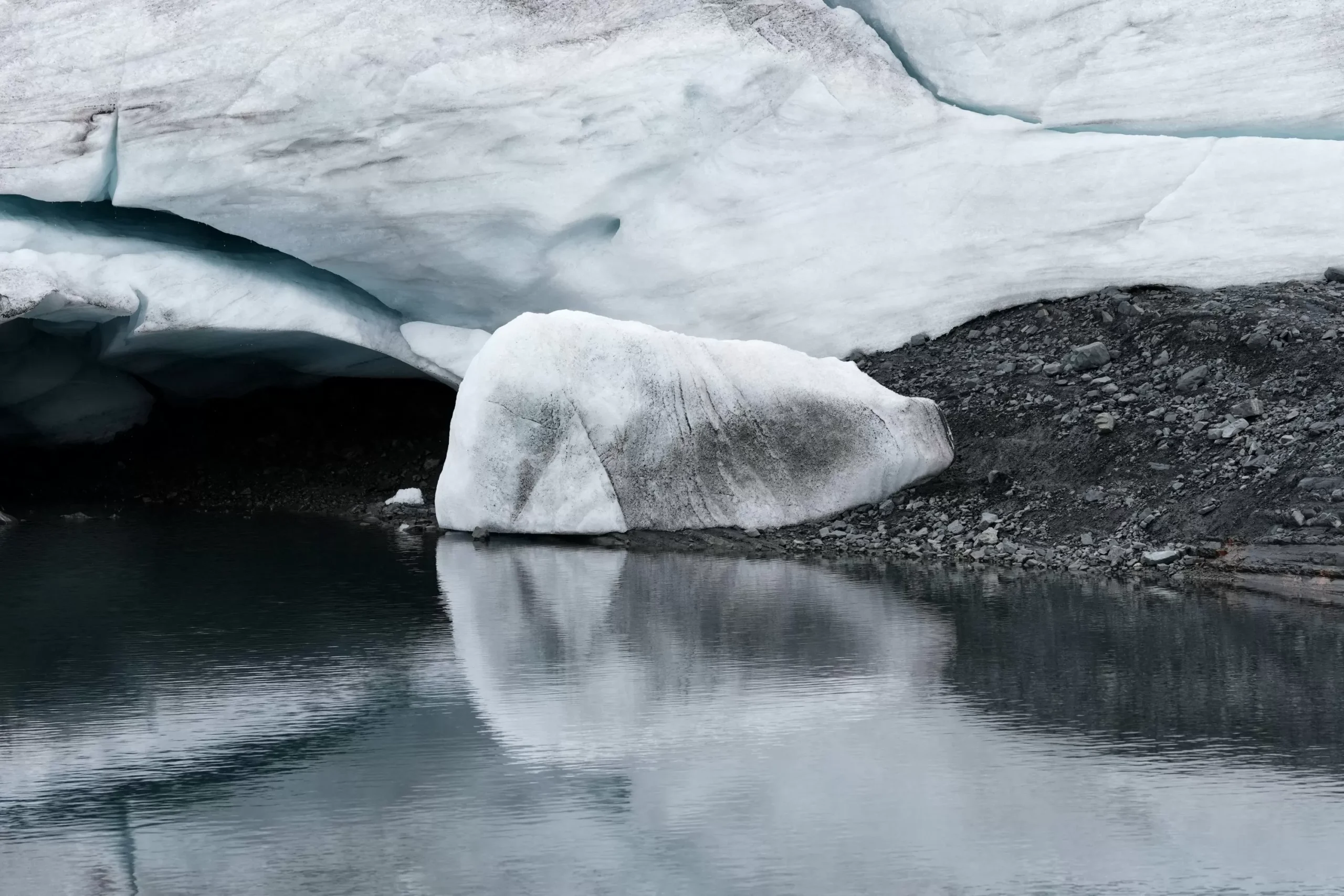The Earth’s glaciers are melting at an alarming rate, and it is a direct consequence of global warming. This phenomenon has been ongoing for decades, but the pace of melting has accelerated in recent years. The consequences of this rapid melting are far-reaching and have a significant impact on our lives and livelihoods. It is a pressing issue that needs to be addressed immediately. Let us delve deeper into the melting of glaciers and its consequences.
Glaciers are massive bodies of ice that form over long periods of time by the accumulation of snow. They are found in high-altitude regions, including the polar regions and mountainous areas. These glaciers act as natural regulators of the Earth’s temperature, reflecting sunlight and keeping the planet cool. However, due to the increase in global temperatures, glaciers are melting at an unprecedented rate.
The primary cause of glacial melting is global warming, which is a result of the increasing levels of greenhouse gases, such as carbon dioxide and methane, in the Earth’s atmosphere. These gases trap heat and prevent it from escaping, causing the Earth’s temperature to rise. As a result, the temperature in the polar regions has increased by an average of 3 degrees Celsius in the last century. This increase in temperature is causing glaciers to melt at an alarming rate.
The consequences of glacial melting are far-reaching and have a significant impact on our lives and livelihoods. One of the most noticeable effects is the rise in sea levels. As glaciers melt, the water flows into the oceans, causing the sea level to rise. This rise in sea level poses a threat to coastal communities, which are at risk of flooding and displacement. It also has a ripple effect on marine life, disrupting their habitats and leading to a decline in their population.
Melting glaciers also have a significant impact on the availability of freshwater. Glaciers act as natural reservoirs, storing freshwater that is released slowly over time. As they melt, this freshwater flows into rivers and streams, providing a vital source of water for human consumption and agriculture. However, with the rapid melting of glaciers, this supply of freshwater is becoming unpredictable, leading to water scarcity in some regions.
Moreover, glacial melting also has severe consequences for mountain communities that rely on glaciers for their livelihoods. In many mountainous regions, glaciers serve as a source of irrigation for agriculture and hydropower for electricity generation. The melting of these glaciers can disrupt these activities, leading to economic losses and affecting the livelihoods of these communities.
Furthermore, the melting of glaciers also has a significant impact on the Earth’s climate. As glaciers melt, the reflective surfaces of ice and snow are replaced by darker surfaces, such as land and water. These surfaces absorb more heat, causing the Earth’s temperature to rise further. This creates a vicious cycle, where the melting of glaciers contributes to further global warming, leading to more melting.
The consequences of glacial melting are not limited to the Earth’s surface; it also has consequences for the ocean. As freshwater from melting glaciers flows into the oceans, it disrupts the delicate balance of saltwater and freshwater. This can have severe consequences for marine ecosystems, leading to a decline in marine species and affecting the fishing industry.
In addition to the environmental impact, the melting of glaciers also poses a threat to human infrastructure. Glacial melting can cause landslides and avalanches, which can damage roads, bridges, and buildings. It also increases the risk of glacial lake outburst floods, where lakes formed by melting glaciers suddenly burst, causing massive flooding and destruction.
The melting of glaciers also has implications for the future of our planet. As more and more glaciers melt, we will lose a vital tool for regulating the Earth’s temperature. This could lead to further global warming and its consequences, such as extreme weather events, rising sea levels, and loss of biodiversity. It is a warning sign that we need to take immediate action to reduce our carbon footprint and mitigate the effects of global warming.
In conclusion, the melting of glaciers is a direct consequence of global warming, and it is accelerating at an alarming rate. Its consequences are far-reaching and have a significant impact on our lives and livelihoods. From rising sea levels to water scarcity and economic losses, the effects of glacial melting are severe. It is a pressing issue that needs to be addressed immediately, and we must take action to reduce our carbon footprint and protect our planet for future generations. Let us work together to combat global warming and save our








